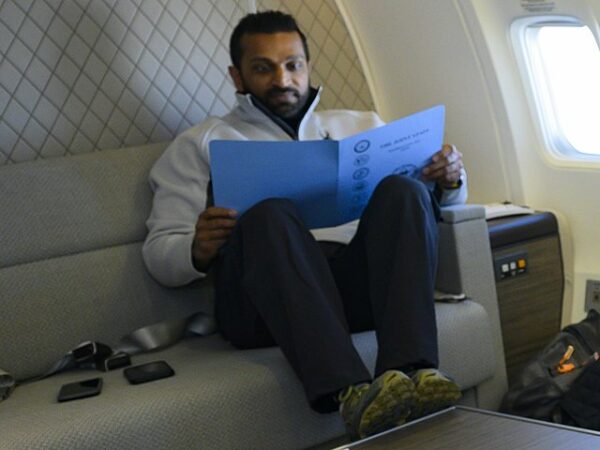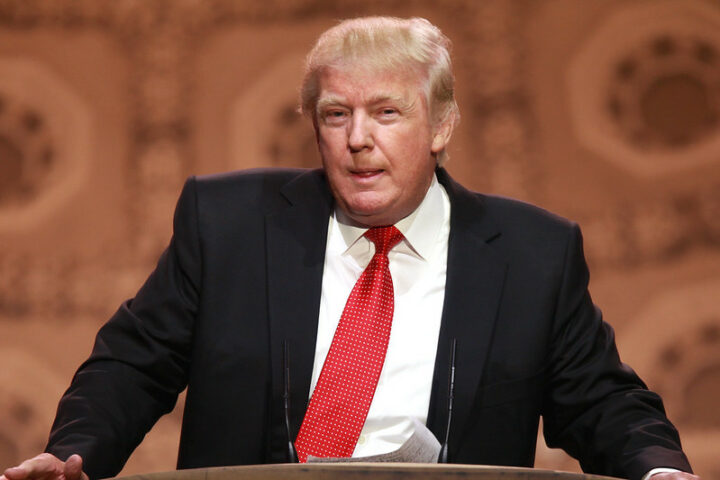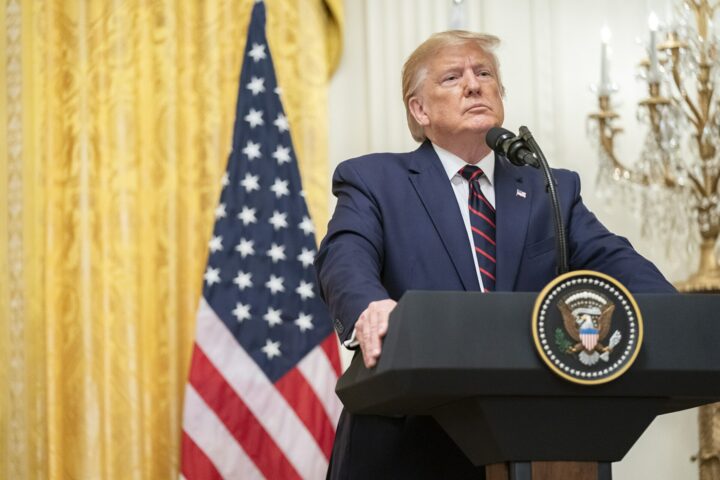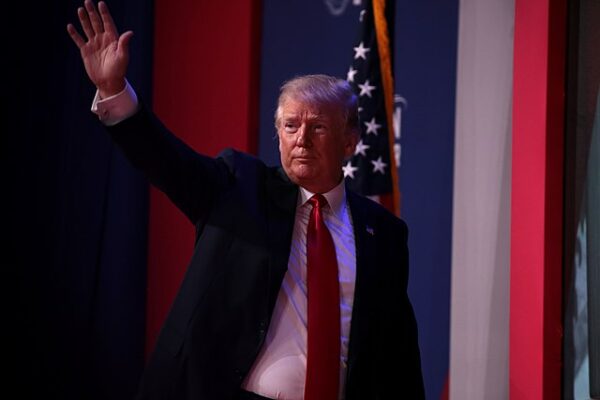David Litt, a former speechwriter for President Barack Obama, is begging Democrats to rethink the role of celebrity endorsements in future elections, but not in the way you’d expect. While some Democrats have downplayed the significance of celebrity backing—pointing to Vice President Kamala Harris’s loss despite widespread endorsements—Litt argues that celebrities can still play a vital role in energizing voter turnout and broadening the party’s appeal.
Litt emphasizes that many midterm and off-year elections hinge on what he calls “differential turnout,” where the outcome depends on which party can motivate more of its supporters to show up at the polls, writes The Washington Examiner.
Litt also noted celebrities can establish a party’s willingness to expand its tent of voters. He said the Trump campaign touted the endorsements of black NFL stars such as Antonio Brown, Mike Wallace, and Le’Veon Bell while also making sure younger voters know it is endorsed by YouTuber-turned-boxer Jake Paul and rapper Lil Pump.
The former speechwriter said Democrats should search for celebrity endorsements in different places, such as NASCAR and country music, which are typically Republican spheres of influence. That could broaden their coalition.
Lastly, Litt said he believes a celebrity’s social media presence can be more powerful than their physical presence, even though he said he feels many famous people were afraid to go too far in endorsing a candidate for fear of backlash.
“But surrogates with large followings don’t have to be obsessively political in order to have an impact,” he said. “They simply have to go beyond endorsing the civic duty of voting, or even endorsing a candidate, and start sharing information that their followers might not otherwise see. Whether this comes in the forms of news clips, articles or opinion pieces written by subject-matter experts, celebrities should embrace their role not just as personalities but as channels, reaching Americans increasingly uninclined to get their news from traditional sources.”
Although conservatives may scoff at the idea, Republican pollster Glen Bolger supports what Litt says. He told The New York Times that voters always like it “when a celebrity reinforces your own view by endorsing the candidate you support.”
“But that doesn’t mean it changes anybody’s minds,” he added. “If you’re a Trump supporter and a celebrity endorses him, well, that’s a smart celebrity, right? If you’re a Trump supporter and they endorse Kamala, well, I’m still going to watch their movie or their concert, but I’m not going to listen to their political advice.”
The debate comes as Kamala Harris’ campaign has found itself in massive debt after spending millions chasing celebrity endorsements.
The vice president made history by raising over $1 billion for her presidential campaign, yet her financial advantage failed to secure victory against former President Donald Trump. Despite unprecedented resources, the Harris campaign struggled to resonate with voters in critical battleground states. Federal filings reveal that Harris’s campaign spent a staggering $880 million—$526 million more than Trump’s campaign—on areas like digital media advertising, travel, polling, and an expansive payroll. Notable expenditures included $56.6 million on staff salaries and taxes, compared to Trump’s $9 million, as well as $12.8 million paid to consultants, including agencies focused on recruiting influencers and bolstering Harris’s online presence.
The campaign’s extravagant spending extended to high-profile events and celebrity endorsements, including $15 million on event production featuring stars like Lady Gaga and Oprah Winfrey. Lavish expenses, such as $1 million to Harpo Productions and $1.8 million to Viva Creative, added glitz but failed to translate into votes. A six-figure sum was even allocated to stage Harris’s appearance on the popular podcast Call Her Daddy. These financial decisions left the campaign millions in debt despite its record-breaking fundraising.
To recover, campaign leaders reportedly began selling Harris’s email list and pretending to need money for election recounts.







